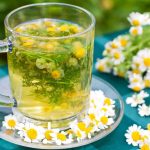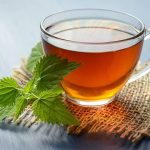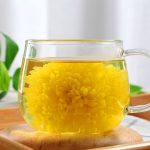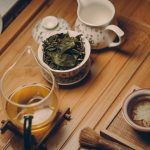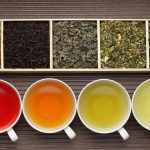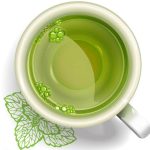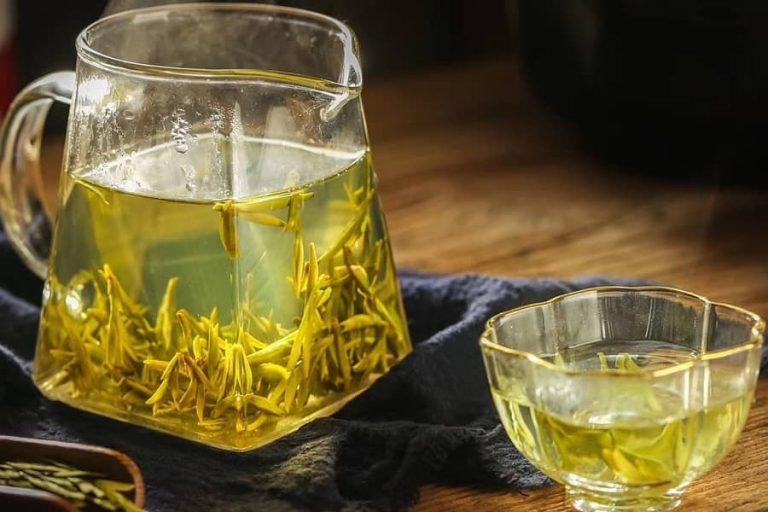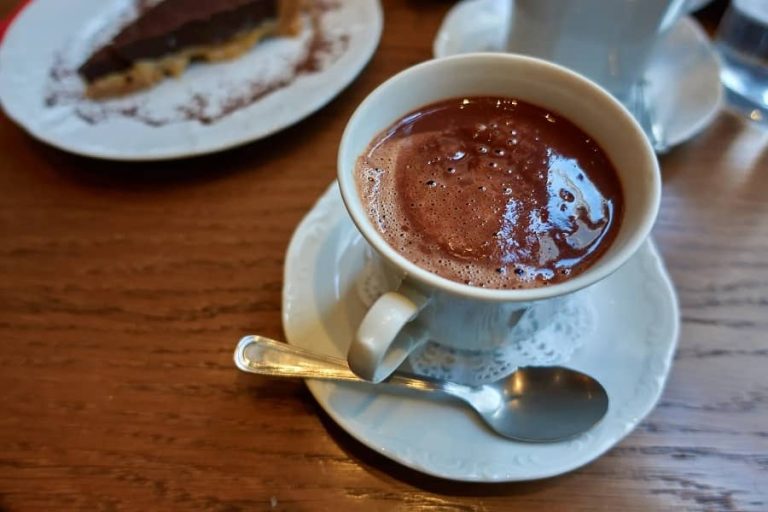Unveiling the Secrets of the Strongest Tea
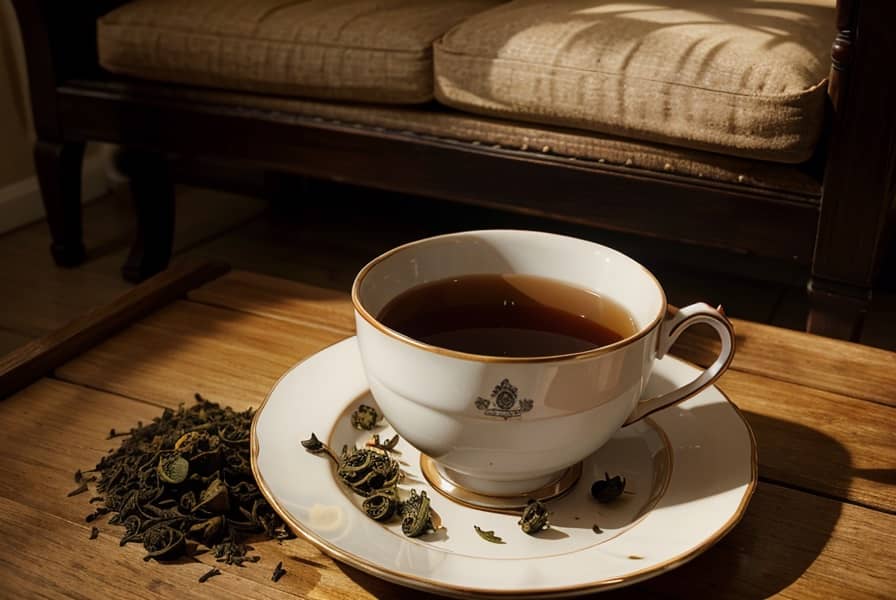
Tea, a beloved beverage enjoyed by millions worldwide, comes in various strengths and flavors. Among tea enthusiasts, there is a particular fascination with strong tea. In this article, we will explore what makes tea strong, delve into different types of strong tea, discuss brewing techniques to achieve optimal strength, and highlight the health benefits associated with consuming strong tea.
I. What makes tea strong?
The strength of tea is influenced by several factors, including the type of tea leaves, brewing time, water temperature, and the amount of tea used. For instance, black tea, known for its robust flavor, is generally stronger than green or white tea. Longer brewing times and higher water temperatures can also intensify the strength of the tea, as they allow more of the tea’s compounds to be extracted.
II. Types of strong tea:
- Black Tea: With its fully oxidized leaves, black tea offers a bold and robust flavor. Assam and Darjeeling teas are renowned for their strength, while Lapsang Souchong provides a smoky intensity.
- Pu-erh Tea: This fermented tea from Yunnan, China, develops a rich, earthy flavor over time. Pu-erh tea is often aged for several years, resulting in a potent and complex brew.
- Yerba Mate: Popular in South America, yerba mate is made from the leaves of the Ilex paraguariensis plant. It possesses a strong, bitter taste and is known for its energizing effects.
III. Brewing techniques for strong tea:
To achieve the desired strength in your cup of tea, consider the following brewing techniques:
- Water Temperature: Different teas require specific water temperatures. For strong black tea, boiling water (around 100°C) is recommended, while pu-erh and yerba mate benefit from slightly lower temperatures.
- Steeping Time: Longer steeping times allow more flavor compounds to be extracted. Adjust the steeping time based on personal preference, keeping in mind that stronger tea may become bitter if steeped for too long.
- Tea-to-Water Ratio: Experiment with the amount of tea leaves used per cup. Increasing the quantity can enhance the strength, but be cautious not to overpower the flavor.
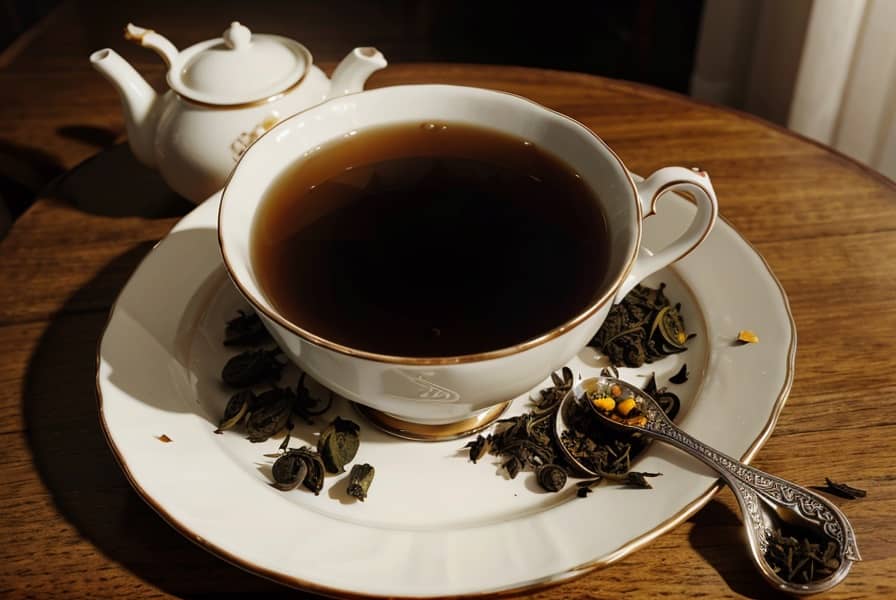
IV. Health benefits of strong tea:
Drinking strong tea can offer several health benefits, including:
- Improved Digestion: The tannins and polyphenols found in strong tea can aid digestion and alleviate discomfort.
- Increased Energy: The higher caffeine content in strong tea can provide a natural energy boost, promoting alertness and focus.
- Enhanced Mental Alertness: The combination of caffeine and other natural compounds in strong tea may improve cognitive function and mental clarity.
However, it is essential to consume strong tea in moderation, as excessive caffeine intake may lead to adverse effects such as restlessness or sleep disturbances.
FAQ About Strongest Tea
- What is the strongest type of tea?
The strongest type of tea is often considered to be black tea. Its fully oxidized leaves provide a bold and robust flavor profile. - How can I make my tea stronger?
To make your tea stronger, you can increase the brewing time, use hotter water, or add more tea leaves. Adjusting these factors can intensify the strength of your brew. - Does stronger tea have more caffeine?
Generally, stronger tea does contain more caffeine. However, the exact caffeine content can vary depending on the type of tea and brewing method used. - Is strong tea better for waking up in the morning?
Yes, strong tea can help wake you up in the morning due to its higher caffeine content. It can provide a natural energy boost and promote alertness. - Can I drink strong tea on an empty stomach?
While it is generally safe to drink strong tea on an empty stomach, some individuals may experience discomfort or increased acidity. It’s best to listen to your body and adjust accordingly. - Are there any health risks associated with drinking strong tea?
Consuming strong tea in moderation is generally safe for most people. However, excessive caffeine intake can lead to side effects such as restlessness, increased heart rate, or sleep disturbances. - How long should I steep strong tea?
Steeping time depends on personal preference and the type of tea you are using. As a general guideline, black tea is often steeped for 3-5 minutes to achieve a stronger brew. - Can I reuse tea leaves to make stronger tea?
Reusing tea leaves may result in a weaker brew rather than a stronger one. It is recommended to use fresh tea leaves for each brewing session to extract maximum flavor. - Are there any herbal teas that are strong?
Herbal teas, in general, are not as strong as true teas (such as black or green tea) because they do not contain caffeine. However, certain herbal blends like yerba mate can offer a strong flavor and natural energy boost. - Can I add milk or sweeteners to strong tea?
Yes, you can add milk, sugar, honey, or other sweeteners to strong tea according to your taste preferences. However, keep in mind that the added ingredients may alter the flavor profile of the tea.
Conclusion:
Exploring the world of strong tea reveals a wide range of flavors and brewing techniques. Whether you prefer the robustness of black tea, the earthiness of pu-erh, or the bitterness of yerba mate, understanding how to brew strong tea allows you to tailor your experience to your taste. Remember to savor strong tea in moderation, and enjoy the numerous health benefits it can provide. So go ahead, brew a cup of your preferred strong tea and embark on a journey of bold flavors and invigorating sips.

